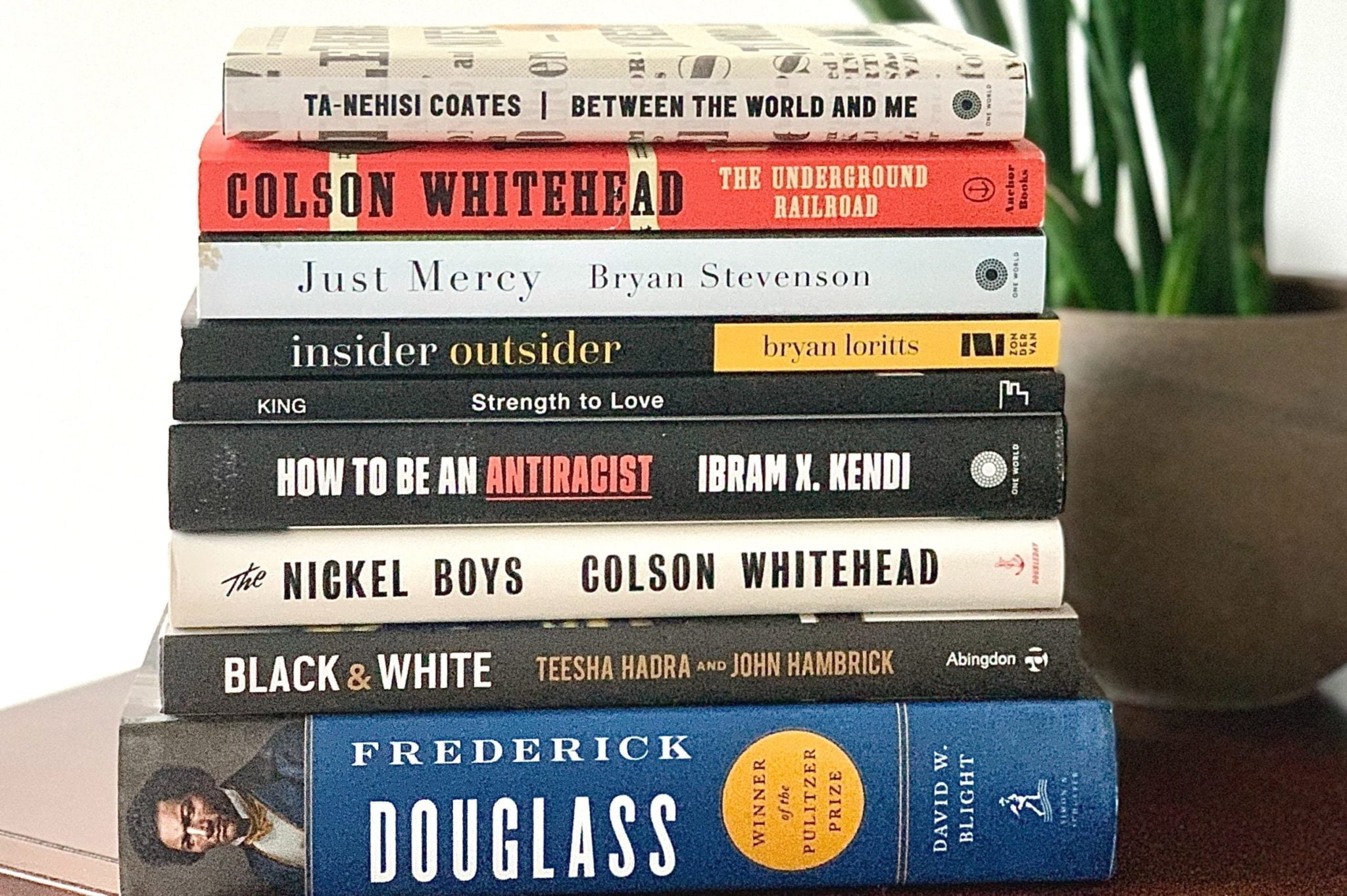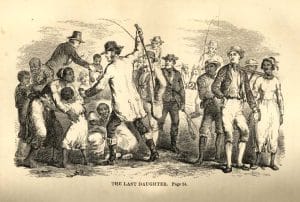I’ve often been asked during the month of February what Black History Month means to me. And to be honest, I’ve often struggled with exactly how to answer that. I think I have finally figured out why that is.
Being a Black man in a predominantly white environment, it never comes as a surprise that the people around me would be curious to know how I celebrate my history and heritage. It makes perfect sense to ask, and I never feel slighted in the least by those who wish to know. I would just like to point out two things:
First, this is a valid question on any day, during any month. My answers on what Black history means to me are likely to be the same on March first as they are on Feb. 28. Second, it has never occurred to me to flip this question around and ask the same of those who would want to know my opinion. But it occurred to me this year to do exactly that.
After all, Black History is American History.
Similar to the way Juneteenth was recently recognized as a National Holiday for all Americans, I don’t see anything different about the February tradition of celebrating Black contributions to this nation and world. Because after all, haven’t we all benefited from contributions like portable air conditioning and refrigeration, women’s sanitary products, rock music, or possibly the color monitor you may be using right now?
What’s more, this history is much closer to you than you may realize, both temporally and geographically.
I often remark that there were plenty of color photographs of the Civil Rights Movement, but the majority of the images we see from that era are in black and white. Have you ever asked yourself why that is? Is it made to seem that these problems that America faced were so distant from us? As though we are not faced with similar challenges today? Keep in mind that many of the people who were there to protest Ruby Bridges entering that school are still alive and well in 2022. Ruby herself has an active instagram account. Proof positive that these events are very recent from a historical perspective.
Geographically speaking, if you happen to live in Doylestown or Quakertown, there’s a very good chance that you or your neighbor might live on previously Black-owned farmland and not even realize it.
You may not even know about many other times the promise of America was taken from people of color. Acknowledging this may make you uncomfortable, as it should.
However, this discomfort can be used as a tool for further learning about our nation’s history, about yourself and your place (yes, you) in the context of this history, but mostly about how we are all connected to this history in one way or another. It can be used as an indicator that past events carry into our present and future, as well as a reminder that we are all responsible for shaping what our future will be, and what our present is.
Some might say that Black History Month is redundant, and that we should be celebrating these contributions year round (we even hear this echoed in the Black community). While there is certainly no time limit on when to celebrate the legacy of any people, I personally am grateful for the annual reminder to focus on this rich history, and how we can continue to ensure its importance in an America that seems increasingly comfortable with what I like to call “Selective American Amnesia” around it.
This amnesia serves two purposes: first it helps protect the comfort of those whose ancestors benefitted from (and by extension present day beneficiaries of) systems of inequality.
Second, it helps enable dehumanization – which forms the basis for most, if not all racist ideologies. The first tactic used to divide and/or oppress a people is to ensure that one group views another group as less than human. This falls apart once people outside the African diaspora realize just how much has been produced by the hard work, ingenuity, and perseverance of those within it. In short, forgetting this history is a convenient way of both dismissing that there is still work that needs to be done, and absolves Americans who are not Black of responsibility to help take on this work. It’s akin to covering one’s eyes and actively ignoring current issues.
Learning more about Black history in February (or any month) is equivalent to getting to know ourselves as a nation and as individuals. And this is as true for non-Blacks as it is for me.
So, dear reader, I ask – what does/might/could Black History Month mean to you?
Yes, you.






